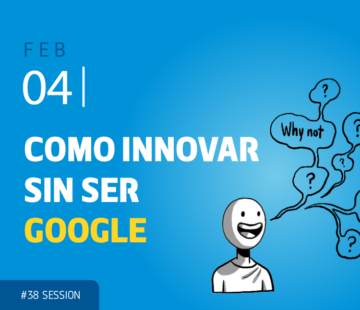UNICEF looks “out there” for co-innovation to solve its challenges

UNICEF is hoping to do more to help the world’s poorest and most vulnerable people thanks to a new open innovation initiative. The United Nation program for children recently launched CauseTech looking for unique alternative solutions to propel their work forward. This dedicated global community site will enable participants to share ideas, vote and discuss refinements.
CauseTech aims to aggregate the world’s best and brightest innovators, technologists, IT professionals, product developers, researchers, entrepreneurs, academics and post-graduate students in a global open innovation ecosystem. The new portal is part of a new private sector initiative to crowdsource breakthrough ideas, inventions, products, and emerging technologies that can advance the work done by the UNICEF Global Innovation Centre worldwide. The CauseTech website features novel technologies and solutions that serve as inspirations for the community moving through the ideation process. These technologies are also profiled for crowdsourced discussion through the ideation platform.
The aim is tap collective thinking and input to identify, adapt and deploy inventive technology solutions that can help UNICEF scale its efforts to meet the ever-growing needs of the poorest and most vulnerable and excluded children across 190 countries. This includes health, drinking water, renewable energy, food security, hygiene, education, communication, and self-sufficiency.
CauseTech.Net will register and profile contributors and run crowdsourcing contests and challenges developed by UNICEF offices. Once registered, community members can submit ideas and technologies to solve a need and/or take part in one of the global challenges. UNICEF also wants this new platform to engage with mentors, other innovators, and potential partners and collaborators in order to improve upon potential new successful ideas, therefore becoming the connector between all the relevant actors in the value chain to ensure innovative solutions can be successfully implemented and scaled across regions and contexts.
While the platform will enable ongoing open ideation around challenges, it will also run timed contests curated by UNICEF Innovation teams. The first official contest was launched last June through UNICEF’s Burundi Innovation Lab. This challenge focus on alternative energy solutions for this country, where only three percent of the population is connected to the electricity grid. The aim is to accelerate product development and market expansion while building local entrepreneurship and testing a new hybrid public-private partnership.
UNICEF has already experienced the positive benefits of private-public partnerships. The United Nation organization hope private sector partners will use the new platform to provide funding for crowdsourced innovation challenges besides engaging their smart minds in solving real-world problems UNICEF workers are facing in the field. As declared in the “Q&A” section of the new platform,
“We are seeing a shift in private sector companies away from competition and towards collaboration. Companies see that by pulling in the resources and strengths of different groups, they can really extend their value proposition. This is the same in the social sector. We realize that we cannot achieve everything on our own, and while we are experts in development we don’t necessarily have the technological background to ensure the best solutions can be found and scaled. The goal of CauseTech is to expand the sphere of how we look at private public partnerships so that we can really go beyond philanthropy and move towards engagement.
We believe that for the global challenges we are addressing, the solutions are out there.”
